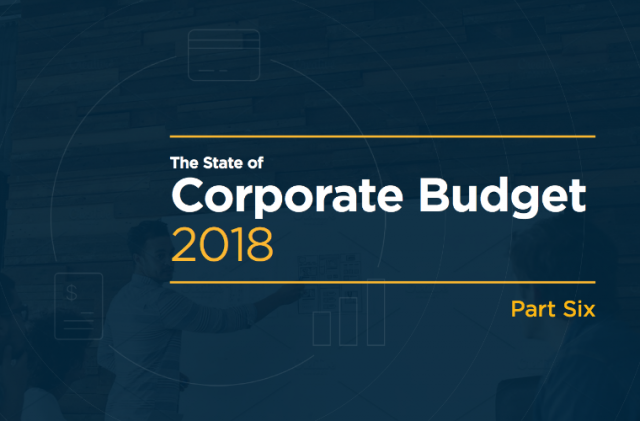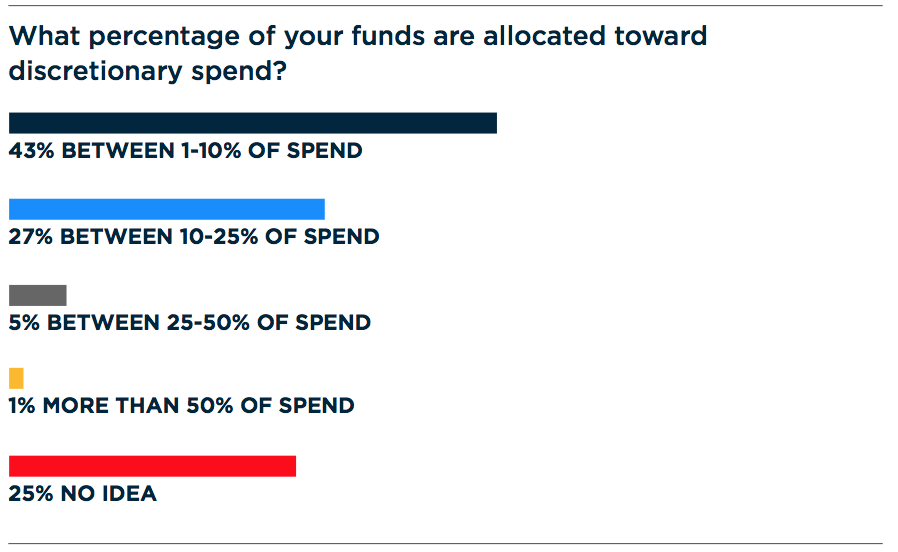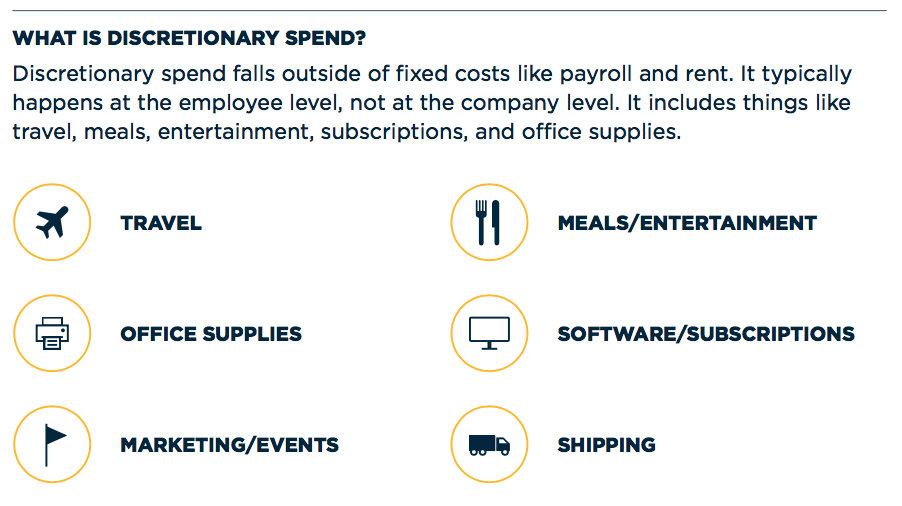In the Dark About Discretionary Spend?

Discretionary spend can have a significant impact on a business’s bottom line, but our survey revealed that many leaders lack visibility.
Previous article in this series: The Problem With Set It and Forget It Budgets.
In our State of Corporate Budget 2018 survey, we asked nearly 250 business leaders what percentage of their spend falls outside of fixed costs like payroll and rent.

Center Team Take
Discretionary spend accounts for up to 25% of the budget for most smaller companies, and it’s where they can have the most control in the short term, but the complexity in tracking and managing this spend means it’s also the area with the least visibility. Companies have an opportunity to manage discretionary spend and cash flow more effectively, reduce the amount of resources going to unproductive spend, and better target higher priority projects. | Heather Singh, CMO

Lack of Visibility
A full 25% of the leaders we surveyed had “no idea” what portion of their budget is allocated towards travel, meals, entertainment, subscriptions, office supplies, and other typically employee-controlled expenses. And for this group, the lack of a 360-degree view into company spend tops the list of concerns about the budgeting process (35% vs. 26% overall).
Discretionary spend often represents a company’s biggest opportunity to control short-term spending, but it’s typically complex to track and difficult to see as a result.
Center Team Take
The ‘not knowing’ may just be a failure to roll up departmental results to an organization-level total. But that is certainly still a failure. | Jeff Drummond, VP of Finance and Accounting
Distributed Ownership
The group who had no idea about discretionary spend was nearly twice as likely to distribute budget ownership to department heads (46% vs. 24% overall). Perhaps not surprisingly, 60% go over budget at least sometimes—and 25% give themselves a C, D, or F.
TO THE POINT:
Discretionary spend can have a significant impact on a business’s bottom line, but many leaders are in the dark about it.
The next post in this series is Who’s Responsible for Keeping Your Budget on Track?
